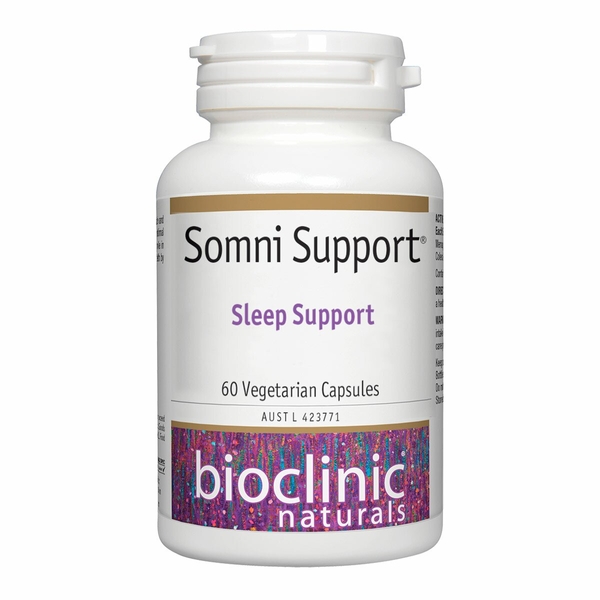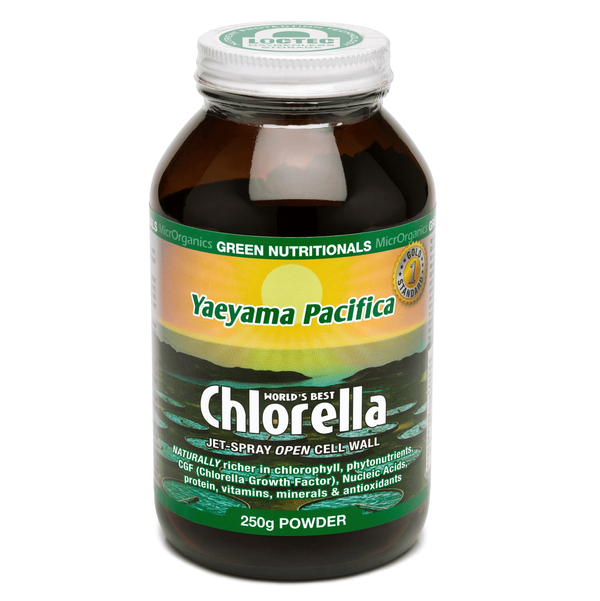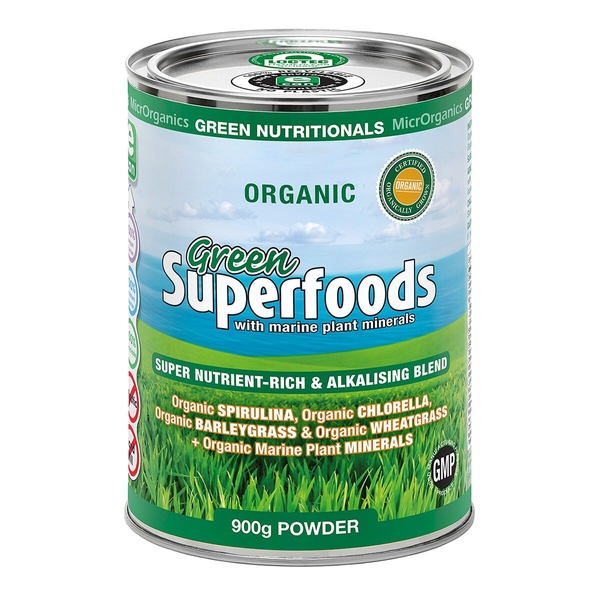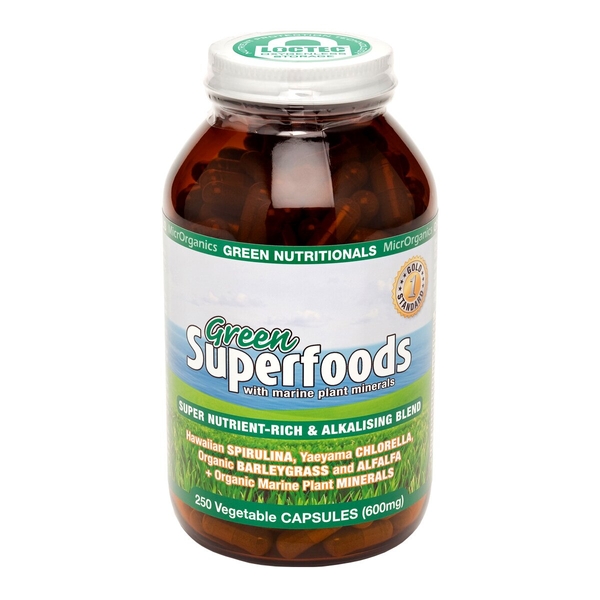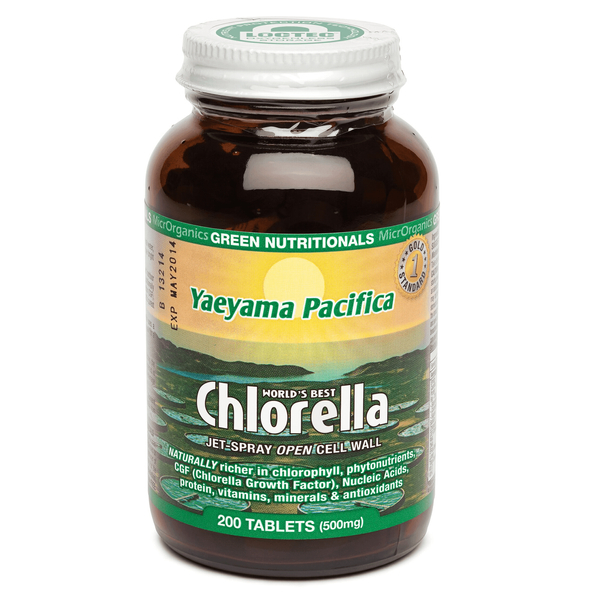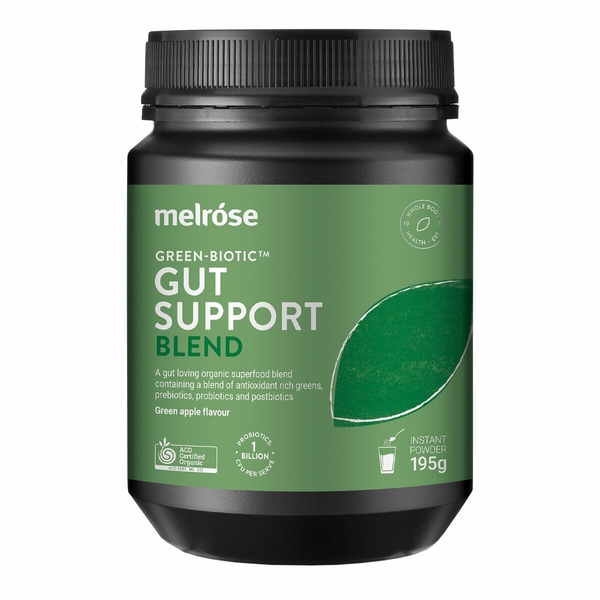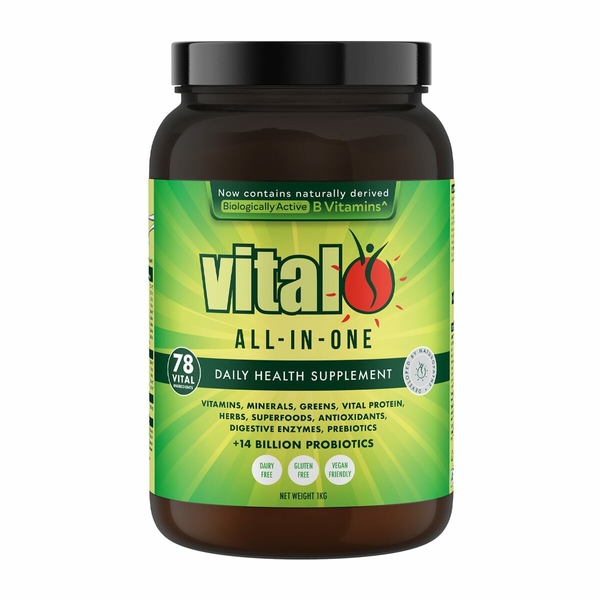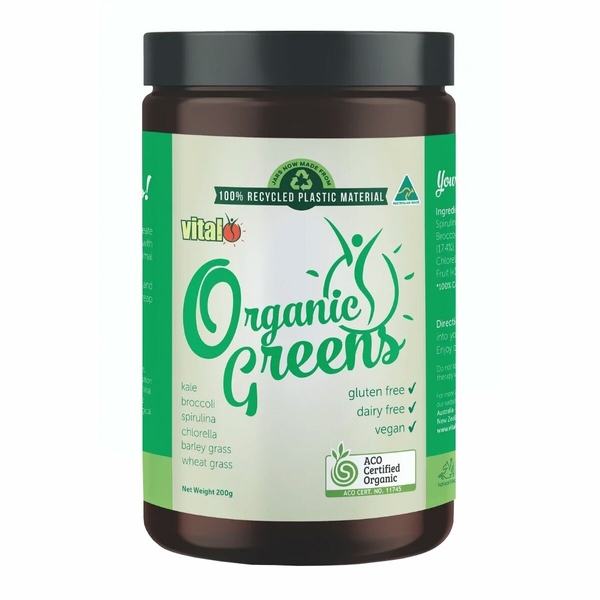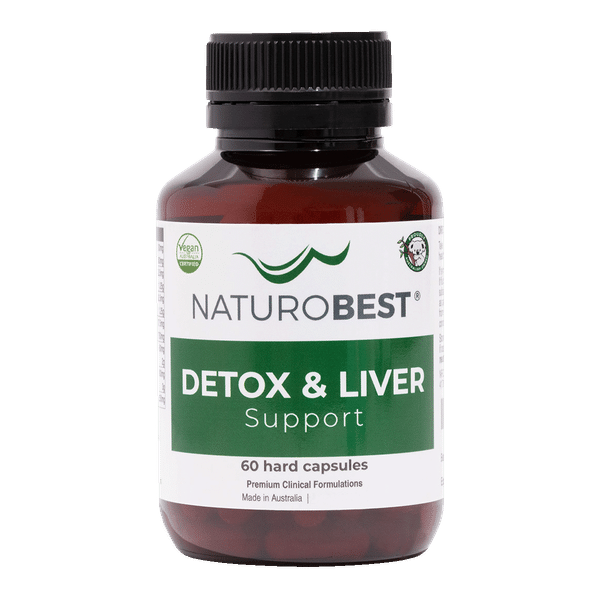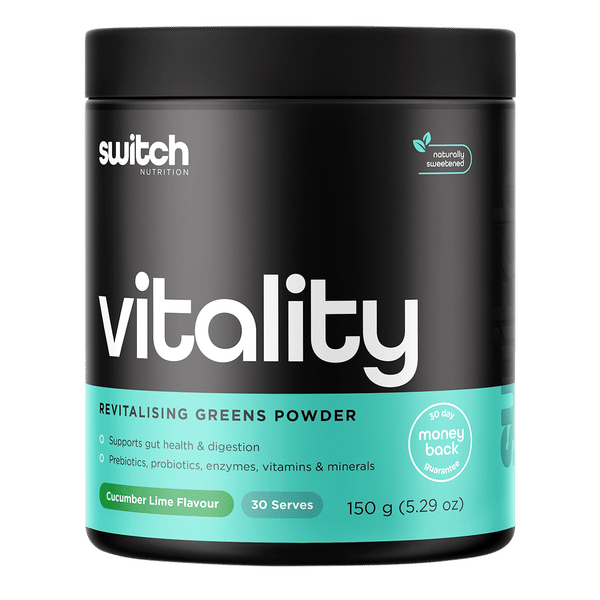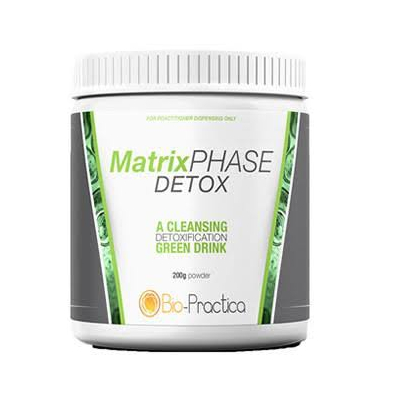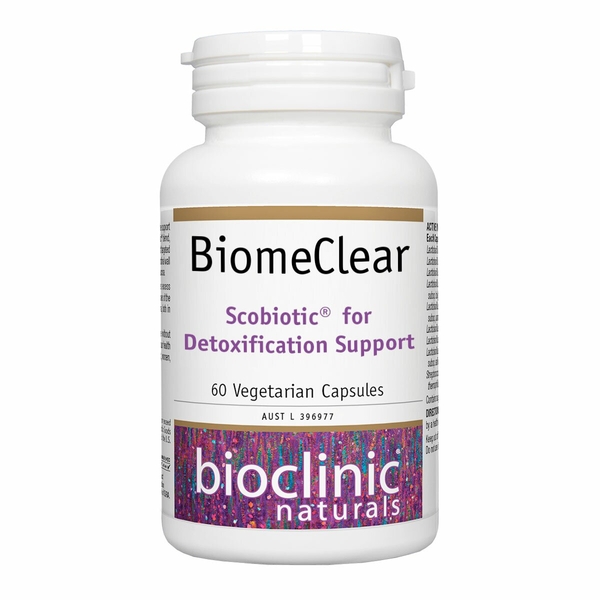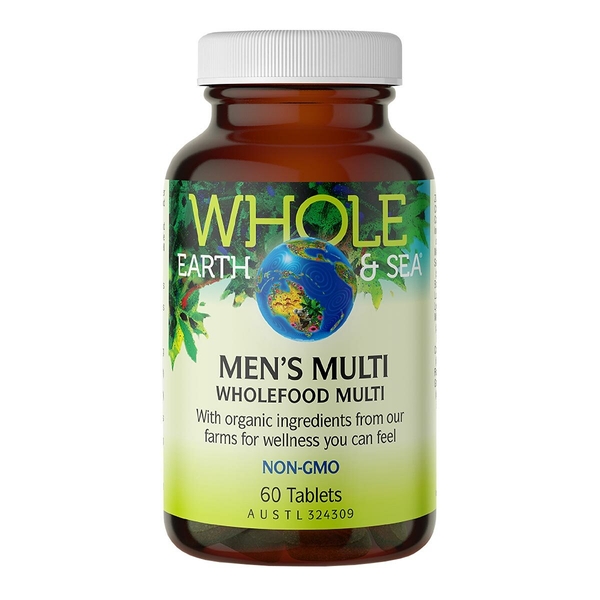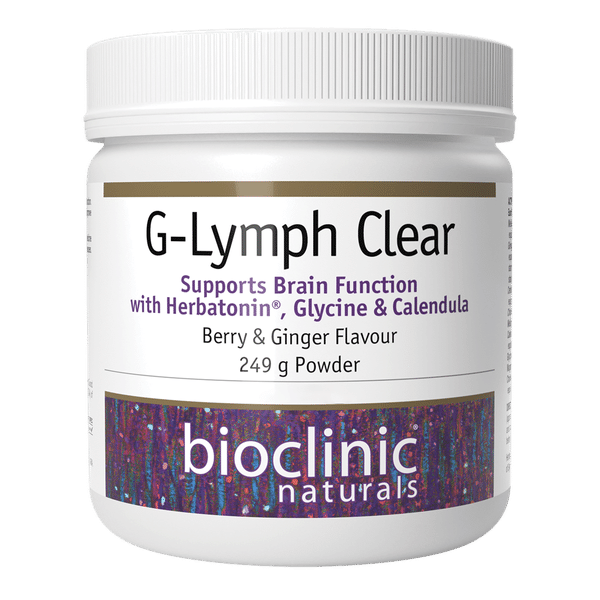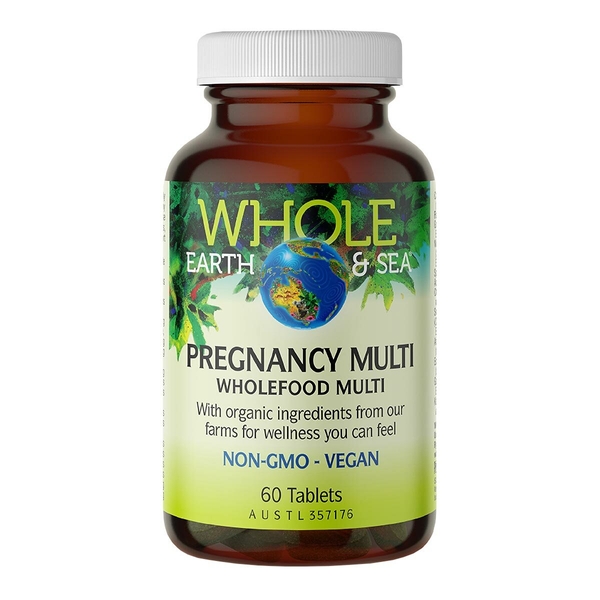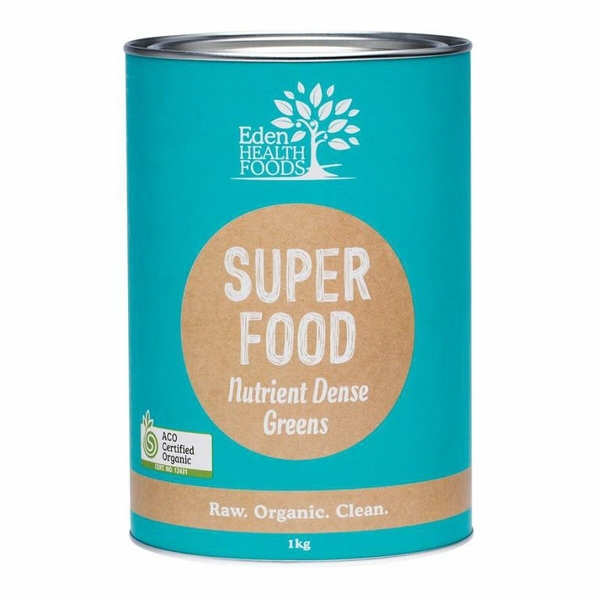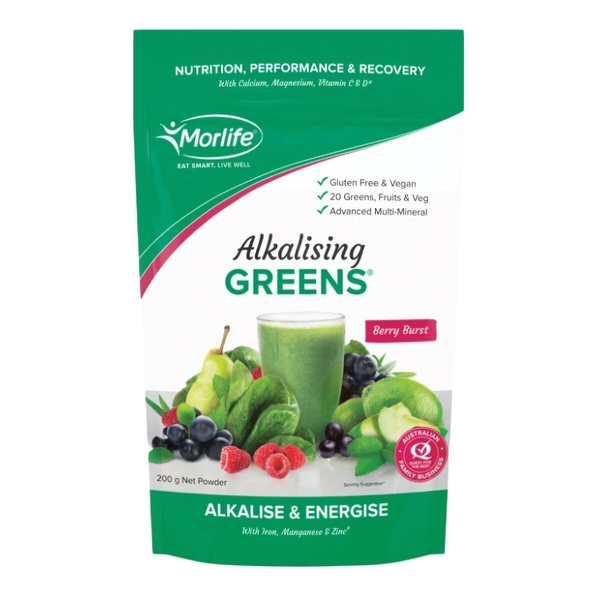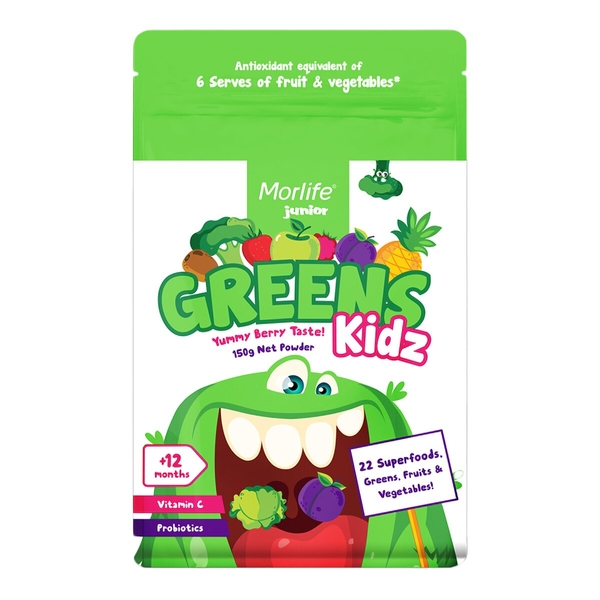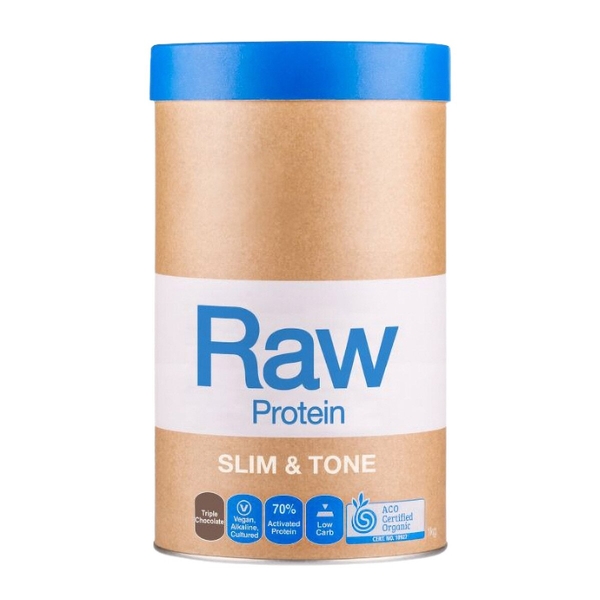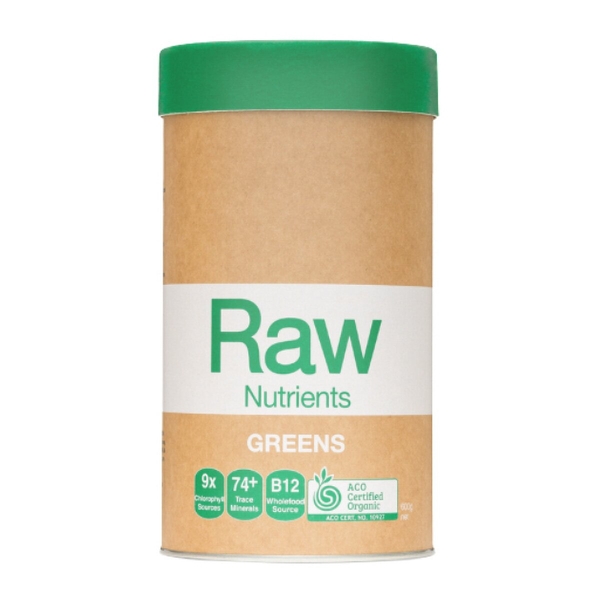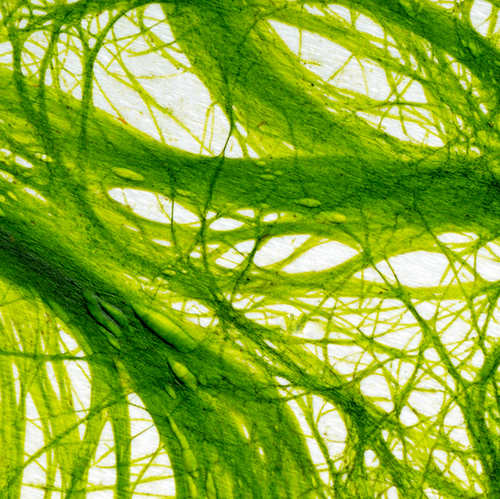
Chlorella
Scientific names: Chlorella pyrenoidosa, Chlorella vulgaris
Alternate names: Algue Verte d'Eau Douce, Bulgarian Chlorella, Bulgarian Green Algae, Chinese Chlorella, Chlorella Algae, Chlorelle, Clorela, Freshwater Green Algae, Freshwater Seaweed, Green Alga, Green Algae, Japanese Chlorella, Seaweed, Yaeyama Chlorella
Actions: Anticancer, Anti-depressant, Antioxidant activity, Antiviral, Cardiovascular, Detoxification, Immunological, Lipid, Nutrition
Background
Chlorella (Chlorella pyrenoidosa) is a type of algae that grows in fresh water. It's sometimes called seaweed. It's used for nutrition and as medicine.
Chlorella is a good source of protein, fats, carbohydrates, fiber, chlorophyll, vitamins, and minerals. Most of the chlorella that is available in the U.S. is grown in Japan or Taiwan. It's made into tablets and liquid extracts.
Chlorella is used to prevent low levels of iron during pregnancy. It is also used for depression, menstrual cramps, fibromyalgia, high cholesterol, and other conditions, but there is no good scientific evidence to support many of these uses.
Chlorella is a good source of protein, fats, carbohydrates, fiber, chlorophyll, vitamins, and minerals. Most of the chlorella that is available in the U.S. is grown in Japan or Taiwan. It's made into tablets and liquid extracts.
Chlorella is used to prevent low levels of iron during pregnancy. It is also used for depression, menstrual cramps, fibromyalgia, high cholesterol, and other conditions, but there is no good scientific evidence to support many of these uses.
Safety Safety definitions
When taken by mouth: Chlorella is likely safe when used for 2-3 months. The most common side effects include diarrhea, nausea, gas, green stools, and stomach cramping. Chlorella can also make the skin extra sensitive to the sun. Wear sunblock outside, especially if you are light-skinned.
When applied to the skin: There isn't enough reliable information to know if chlorella is safe or what the side effects might be.
Breast-feeding: There isn't enough reliable information to know if chlorella is safe to use when breast-feeding. Stay on the safe side and avoid use.
Allergy to molds: Chlorella might cause an allergic reaction in people who are also allergic to molds.
Weak immune system (immunodeficiency): Chlorella might cause "bad" bacteria to take over in the intestine of people who have a weak immune system. Use caution if you have a weakened immune system.
When applied to the skin: There isn't enough reliable information to know if chlorella is safe or what the side effects might be.
Special Precautions & Warnings:
Pregnancy: Chlorella is possibly safe when taken by mouth for up to 28 weeks, starting during the second trimester of pregnancy.Breast-feeding: There isn't enough reliable information to know if chlorella is safe to use when breast-feeding. Stay on the safe side and avoid use.
Allergy to molds: Chlorella might cause an allergic reaction in people who are also allergic to molds.
Weak immune system (immunodeficiency): Chlorella might cause "bad" bacteria to take over in the intestine of people who have a weak immune system. Use caution if you have a weakened immune system.
Effectiveness
NatMed Pro rates effectiveness based on scientific evidence according to the following scale: Effective, Likely Effective, Possibly Effective, Possibly Ineffective, Likely Ineffective, Ineffective, and Insufficient Evidence to Rate.
Possibly effective Effectiveness definitions
- Low levels of iron during pregnancy. Chlorella contains small amounts of iron. Taking chlorella by mouth might reduce the risk of anemia caused by too little iron in the body during pregnancy.
Dosing & administration
Chlorella has most often been used by adults in doses of 3-10 grams by mouth daily for 2-3 months. Speak with a healthcare provider to find out what dose might be best for a specific condition.
Keep in mind that chlorella products can vary depending on the way the chlorella was cultivated, harvested, and processed. Dried chlorella can contain from 7% to 88% protein, 6% to 38% carbohydrates, and 7% to 75% fat.
Keep in mind that chlorella products can vary depending on the way the chlorella was cultivated, harvested, and processed. Dried chlorella can contain from 7% to 88% protein, 6% to 38% carbohydrates, and 7% to 75% fat.
Interactions with pharmaceuticals
Medications that increase sensitivity to sunlight (Photosensitizing drugs)
Interaction Rating=Moderate Be cautious with this combination.
Some medications might make the skin more sensitive to sunlight. Chlorella might also make the skin more sensitive to sunlight. Using these products together might increase the risk of sunburn, blistering, or rashes when the skin is exposed to sunlight. Be sure to wear sunblock and protective clothing when spending time in the sun.
Warfarin (Coumadin)
Interaction Rating=Moderate Be cautious with this combination.
Chlorella contains large amounts of vitamin K. Vitamin K is used by the body to help the blood clot. Warfarin is used to slow blood clotting. Chlorella might decrease the effects of warfarin. Be sure to have your blood checked regularly. The dose of your warfarin might need to be changed.
Interactions with herbs & supplements
Herbs that might increase sensitivity to sunlight: Chlorella might make the skin more sensitive to sunlight. Using it with other products that also make the skin more sensitive to the sun might increase the risk for sunburn and other side effects. Examples of supplements with this effect include bishop's weed, chlorophyll, khella, and St. John's wort.
Interactions with foods
There are no known interactions with foods.
Products
View all productsPer capsule:
- Chlorella vulgaris (Chlorella) ext. 10 mg
- Humulus lupulus ext. 100 mg
- Medicago sativa ext. 85 mg
- Oryza sativa powder 5 mg
Practitioner product
Per 3 g:
- Chlorella pyrenoidosa powder 750 mg
- Arthrospira platensis (Spirulina) 750 mg
- Wheatgrass powder 450 mg
- Hordeum vulgare powder 750 mg
- Calcified lithothamnion (Red algae) 300 mg
RRP: $159.22$135.34Save: 15%
Create account
Per capsule:
- Chlorella pyrenoidosa powder 550 mg
- Arthrospira platensis (Spirulina) 550 mg
- Wheatgrass powder 330 mg
- Hordeum vulgare powder 550 mg
- Calcified lithothamnion (Red algae) 220 mg
RRP: $74.14$63.02Save: 15%
Create account
RRP: $35.95$30.56Save: 15%
Create account
Per 6 g (Green Apple):
- Chlorella vulgaris (Chlorella) 450 mg
- Green banana starch 654 mg
- Wheatgrass powder 654 mg
- Hordeum vulgare (leaf) powder (Barley) 654 mg
- Green lentil
- Mung bean (sprout)
- Spinacia oleracea
- Acacia sp. 1.99 g
- Bacillus subtilis 1 billion CFU
- Brassica oleracea var. acephala (leaf) powder (Kale)
- Cucurbita pepo (seed)
- Linseed
- Chia (seed)
- Cynara scolymus
- Taraxacum officinale (root)
- Petroselinum crispum
- Apple flavour
- Citric acid anhydrous
- Siraitia grosvenorii (Monk fruit)
- Agave sp.
- Arthrospira platensis (Spirulina) 228 mg
RRP: $35.95$30.56Save: 15%
Create account
Per 10 g:
- Chlorella pyrenoidosa powder 333 mg
- Arthrospira platensis (Spirulina) 1 g
- Wheatgrass powder 333 mg
- Inulin (Dietary fibre) 800 mg
- Lactobacillus acidophilus 5 billion CFU
- Bifidobacterium bifidum 3 billion CFU
- Bifidobacterium lactis 5 billion CFU
- Bifidobacterium longum 1 billion CFU
- Cynara scolymus powder 500 mg
- Hordeum vulgare 200 mg
- Malus (Apple) 200 mg
- Brassica oleracea var. acephala (leaf & sprout) powder (Kale) 100 mg
- Ananas comosus (Pineapple) 240 mg
- Spinacia oleracea (Spinach) 67 mg
- Beta glucan 50 mg
- Resveratrol 10 mg
- Ananas comosus (Pineapple oil) 65 mg
- Linum usitatissimum (seed) (Flaxseed) 400 mg
- Oryza sativa (Rice bran) 500 mg
- Pea protein isolate 1 g
- R-alpha lipoic acid 67 mg
- Thiamine hydrochloride (Vitamin B1) 400 µg
- Niacinamide (Vitamin B3) 5.3 mg
- Pyridoxine hydrochloride (Vitamin B6) 567 µg
- Riboflavin (Vitamin B2) 434 µg
- Pantothenic acid (Vitamin B5) 1.7 mg
- Cyanocobalamin (Vitamin B12) 0.8 µg
- Ergocalciferol (Vitamin D) 3.8 µg
- Ascorbic acid (Vitamin C) 333 mg
- d-alpha-Tocopheryl acid succinate 100 mg
- Ubidecarenone (Coenzyme Q10) 8 mg
- Copper gluconate 225 µg
- Potassium phosphate dibasic 104 mg
- Folic acid 67 µg
- Biotin 10 µg
- Silica - colloidal anhydrous 14 mg
- Magnesium citrate 42 mg
- Zinc amino acid chelate 10 mg
- Chromium picolinate 10 µg
- Calcium citrate 132 mg
- Manganese amino acid chelate 1.4 mg
- Selenomethionine 30 µg
- Beta-carotene carotenoids (Vitamin A) 1.7 mg
- Citrus bioflavonoids extract 500 mg
- Citric acid anhydrous 150 mg
- Rosmarinus officinalis powder 68 mg
- Taraxacum officinale ext. 33 mg
- Vaccinium myrtillus powder 200 mg
- Glycyrrhiza glabra powder 67 mg
- Crataegus monogyna ext. 29 mg
- Astragalus membranaceus ext. 67 mg
- Vitis vinifera ext. 67 mg
- Camellia sinensis ext. 67 mg
- Ganoderma lucidum powder 21 mg
- Lentinula edodes powder 21 mg
- Aloe barbadensis ext. 500 mg
- Zingiber officinale powder 67 mg
- Eleutherococcus senticosus ext. 1 g
- Centella asiatica ext. 67 mg
- Withania somnifera ext. 67 mg
- Silybum marianum ext. 67 mg
- Arctium lappa ext. 21 mg
- Rosa canina powder 168 mg
- Lycium barbarum 33 mg
- Beta vulgaris (root) powder (Beetroot) 167 mg
- Daucus carota powder (Carrot) 83 mg
- Carica papaya (Papain) 250 mg
- Lecithin 725 mg
- Laminaria digitara (Kelp) 8 mg
- Natural vanilla flavour
- Natural pineapple flavour
- Thaumatin
- Stevia rebaubiana
- Luo Han Guo (fruit) ext. (Monk fruit)
- Xanthan gum
- Brassica oleracea var. italica powder 150 mg
- Malpighia glabra ext. 267 mg
- Theobroma cacao powder 100 mg
1 kg
RRP: $247.01$160.56Save: 35%
Create account
Per 5 g:
RRP: $31.31$20.35Save: 35%
Create account
$44.97
Create account
Per 5 g (Cucumber Lime):
- Chlorella vulgaris (Chlorella) powder 175 mg
- Brassica oleracea var. italica powder 250 mg
- Arthrospira platensis (Spirulina) 100 mg
- Cordyceps sinensis 105 mg
- Lentinula edodes 100 mg
- Trametes versicolor 70 mg
- Astragalus membranaceus 100 mg
- Camellia sinensis 500 mg
- Grifola frondosa 125 mg
- Spinacia oleracea (Spinach) 175 mg
- Brassica oleracea var. acephala (leaf) powder (Kale) 175 mg
- Nasturtium officinale 160 mg
- Apium graveolens powder 110 mg
- Pleurotus eryngii 100 mg
- Lipase 750 LipU
- Protease 1000 DU
- Ananas comosus (Bromelain) 350 GDU
- Carica papaya (Papain) 40 mg
- L-glutamine 500 mg
- Bacillus coagulans 4 billion CFU
- Lactobacillus rhamnosus 750 million CFU
- Saccharomyces cerevisiae (boulardii) (SB) 500 million CFU
- Quercetin 100 mg
- Taraxacum officinale 100 mg
- Coriandrum sativum 80 mg
- Zingiber officinale 50 mg
- Rosmarinus officinalis 50 mg
- Origanum vulgare powder 50 mg
- Natural flavours
- Stevia rebaubiana ext.
- Eleutherococcus senticosus 100 mg
- Citric acid anhydrous
150 g Cucumber Lime
RRP: $59.95$53.96Save: 10%
Create account
Per 7 g:
- Chlorella pyrenoidosa powder 100 mg
- Arthrospira platensis (Spirulina) 643 mg
- Brassica oleracea var. italica powder 100 mg
- Silybum marianum ext. 500 mg
- Schisandra chinensis ext. 200 mg
- Cynara scolymus ext. 800 mg
- Hordeum vulgare 883 mg
- Rosmarinus officinalis ext. 50 mg
- Coriandrum sativum powder 50 mg
- Galium aparine ext. 160 mg
- L-glutamine 800 mg
- Trimethylglycine (TMG) 300 mg
- Methylsulfonylmethane (MSM) 100 mg
- Calcium D-glucarate 100 mg
- Taurine 60 mg
- L-cysteine 50 mg
- Ascorbic acid (Vitamin C) 80 mg
- Magnesium citrate 8 mg
- Zinc citrate 5 mg
- R-alpha lipoic acid 25 mg
- Apple pectin 320 mg
- Natural lemon lime flavour
- Xylitol
- Glycine
- Stevia rebaubiana
- Citric acid anhydrous
Practitioner product
Per capsule:
- Chlorella vulgaris (Chlorella) 25 mg equiv. iodine 0.012 µg
- Lactobacillus plantarum (LP14) 1 billion CFU
- Grifola frondosa ext. 25 mg
- Silybum marianum ext. 87.5 mg
- Yeast 25 mg equiv. selenium 50 µg
- Lutein 2.5 mg
- Lactobacillus acidophilus (LA01) 1 billion CFU
- Arthrospira platensis (Spirulina) 125 mg
- Bifidobacterium breve 0.5 billion CFU
- Lactobacillus casei 0.5 billion CFU
- Lactobacillus fermentum 0.5 billion CFU
- Lactobacillus reuteri 0.5 billion CFU
- Lactobacillus plantarum 0.25 billion CFU
- Tremella fuciformis ext. 12.5 mg
- Polyporus umbellatus ext. 25 mg
- Dunaliella salina 50 mg
- Cynara scolymus powder 50 mg
- Lactobacillus rhamnosus 2.5 billion CFU
Practitioner product
Per tablet:
- Chlorella vulgaris (Chlorella) 5 mg
- Methylcobalamin (Activated B12) 200 μg
- Calcium ascorbate (Vitamin C) 30.25 mg equiv. ascorbic acid 25 mg
- Cholecalciferol 12.5 μg equiv. vitamin D3 500 IU
- d-alpha-Tocopherol 10 mg
- Zinc citrate 200 mg equiv. zinc 36.6 mg
- Beta-carotene carotenoids (Vitamin A) 3 mg
- Thiamine hydrochloride (Vitamin B1) 1.59 mg equiv. thiamine 1.25 mg
- Riboflavin 5-phosphate sodium (Activated B2) 1.71 mg equiv. riboflavin 1.25 mg
- Nicotinamide (Vitamin B3) 12.5 mg
- Calcium pantothenate (Vitamin B5) 5.46 mg equiv. pantothenic acid 5 mg
- Pyridoxal 5-phosphate (P5P) 2.03 mg equiv. pyridoxine 1.25 mg
- Magnesium ascorbate (Vitamin C) 21.87 mg equiv. ascorbic acid 15.33 mg
- Levomefolate glucosamine (Activated folate) 463 μg equiv. levomefolic acid 250 μg
- Phyllanthus emblica ext. 9.35 mg
- Menaquinone 7 (Vitamin K2) 40 μg
- Calcified lithothamnion (Red algae) 31.52 mg equiv. calcium 9.46 mg
- Magnesium 12.5 mg
- Chromium picolinate 1.61 mg equiv. chromium 200 μg
- Copper sulfate 2 mg
- Ascophyllum nodosum 18.75 mg
- Manganese gluconate 21.93 mg equiv. manganese 2.5 mg
- Selenomethionine 124.18 μg equiv. selenium 50 μg
- Borax 6.6 mg equiv. boron 750 μg
- Lutein 1 mg
- Lycopene 1 mg
- Silybum marianum ext. 5 mg
- Vaccinium macrocarpon ext. 0.25 mg
- Camellia sinensis ext. 5 mg
- Schisandra chinensis ext. 5 mg
- Arthrospira platensis (Spirulina) 5 mg
- Euterpe oleracea (berry) ext. (Acai) 5 mg
- Curcumin (Turmeric) 500 μg
- Zingiber officinale ext. 5 mg
- Laminaria digitara (Kelp) 5 mg
- Citrus sinensis ext. 5 mg
- Cruciferous vegetable blend 25 mg
- Ultra fruit blend 25 mg
- Live vegetable blend 22.5 mg
- Multi herb blend 12.5 mg
RRP: $29.95$26.96Save: 10%
OOS at supplier
Create account
return unknown
Per 8.3 g (Berry & Ginger):
- Chlorella vulgaris (Chlorella) powder 5 mg
- Calendula officinalis ext. 200 mg
- Glycine 3 g
- Medicago sativa powder 28.3 mg
- Melissa officinalis ext. 500 mg
- Ginkgo biloba ext. 120 mg
- Centella asiatica ext. 150 mg
- Magnesium glycinate 1.05 g equiv. magnesium 105 mg
- Choline bitartrate 281.9 mg equiv. choline 112.5 mg
Practitioner product
Per tablet:
- Chlorella vulgaris (Chlorella) powder 2.5 mg
- Calcium ascorbate dihydrate (Vitamin C) 11.08 mg equiv. ascorbic acid 10 mg equiv. calcium 1.2 mg
- Magnesium ascorbate (Vitamin C) 10.83 mg equiv. ascorbic acid 7.74 mg equiv. magnesium 1.083 mg
- Phyllanthus emblica ext. 9.52 mg
- Cholecalciferol 12.5 μg equiv. vitamin D3 500 IU
- d-alpha-Tocopheryl acid succinate 5 mg
- Levomefolate glucosamine (Activated folate) 345.54 μg equiv. levomefolic acid 200 μg
- Co-methylcobalamin (Vitamin B12) 100 μg
- Zinc citrate dihydrate 15.65 mg equiv. zinc 5 mg
- Beta-carotene carotenoids (Vitamin A) 2 mg
- Menaquinone 7 (Vitamin K2) 20 μg
- Thiamine hydrochloride (Vitamin B1) 1.59 mg equiv. thiamine 1.25 mg
- Riboflavin 5-phosphate sodium (Activated B2) 850 μg equiv. riboflavin 625 μg
- Nicotinamide (Vitamin B3) 6.25 mg
- Calcium pantothenate (Vitamin B5) 2.73 mg equiv. pantothenic acid 2.5 mg
- Pyridoxal 5-phosphate monohydrate (P5P) 1.01 mg equiv. pyridoxine 625 μg
- Calcified lithothamnion (Red algae) 154.55 mg equiv. calcium 48.8 mg equiv. magnesium 3.58 mg
- Ferric pyrophosphate 40.03 mg equiv. iron 12 mg
- Chromium picolinate 201.13 μg equiv. chromium 25 μg
- Cupric sulfate 982.3 μg equiv. copper 250 μg
- Ascophyllum nodosum 18.75 mg
- Manganese gluconate 5.48 mg equiv. manganese 625 μg
- Selenomethionine 62.09 μg equiv. selenium 25 μg
- Borax 1.5 mg equiv. boron 175 μg
- Lutein 250 μg
- Lycopene 250 μg
- Choline bitartrate 15.19 mg equiv. choline 6.25 mg
- Inositol 12.5 mg
- Vaccinium macrocarpon powder 5 mg
- Camellia sinensis ext. 2.5 mg
- Schizandra chinensis ext. 2.5 mg
- Euterpe oleracea (berry) ext. (Acai) 2.5 mg
- Cynara scolymus powder 2.5 mg
- Echinacea purpurea powder 2.5 mg
- Allium sativum ext. 2.5 mg
- Brassica oleracea var. acephala (leaf) powder (Kale) 2.5 mg
- Punica granatum ext. 2.5 mg
- Lycopersicon esculentum powder 2.5 mg
- Hordeum vulgare (leaf) powder (Barley) 2.5 mg
- Vitis vinifera ext. 21.5 mg
- Citrus sinensis ext. 2.5 mg
- Magnesium aspartate 151.69 mg equiv. magnesium 30.34 mg
- Magnesium citrate 92.59 mg equiv. magnesium 15 mg
- Vitis vinifera ext. 2 mg
- Vaccinium macrocarpon powder 250 μg
- Vaccinium myrtillus powder 250 μg
- Fragaria ananassa (Strawberry) 250 μg
- Rubus idaeus powder 250 μg
- Punica granatum powder 250 μg
- Arthrospira platensis (Spirulina) 2.5 mg
RRP: $34.95$31.45Save: 10%
OOS at supplier
Create account
return unknown
RRP: $169.95$161.45Save: 5%
Create account
Per 10 g (Berry Burst):
- Chlorella vulgaris (Chlorella) powder
- Rubus idaeus
- Medicago sativa
- Arthrospira platensis (Spirulina)
- Brassica oleracea var. acephala (leaf) powder (Kale)
- Spinacia oleracea
- Petroselinum crispum
- Fagopyrum esculentum (leaf)
- Brassica oleracea var. italica (sprout) powder
- Malus (Apple)
- Ananas comosus (Pineapple)
- Pyrus communis (Pear)
- Citrus limon (Lemon)
- Citrus aurantiifolia (Lime)
- Euterpe oleracea (berry) ext. (Acai)
- Urtica dioica
- Mentha x piperita
- Camellia sinensis
- Apium graveolens
- Cucumis sativus
- Magnesium citrate
- Potassium citrate
- L-glutamine
- Calcium citrate
- Natural flavours
- Taraxacum officinale (leaf) ext. dry
- Eleutherococcus senticosus ext. dry
- Curcuma longa ext. dry
- Withania somnifera ext. dry
- Camellia sinensis ext. dry
- Rosmarinus officinalis ext. dry
- Aloe barbadensis ext. dry
- Gardenia jasminoides ext. dry
- Piper nigrum ext. dry
- Magnesium gluconate
- Apple pectin
- L-alanine
- Xanthan gum
- L-histidine
- Lactobacillus acidophilus
- Bifidobacterium lactis
- Bifidobacterium bifidum
- Bifidobacterium longum
- Potassium ascorbate (Vitamin C)
- Citric acid anhydrous
- Zinc gluconate
- Ferrous fumarate
- Manganese citrate
- Selenomethionine
- Vitamin D
- Chromium picolinate
- Acacia sp. (fibre)
200 g Berry Burst
RRP: $44.95$38.21Save: 15%
Create account
Per 7 g:
- Chlorella pyrenoidosa powder
- Brassica oleracea var. acephala (leaf) powder (Kale)
- Arthrospira platensis (Spirulina)
- Lactobacillus acidophilus
- Bifidobacterium bifidum
- Bifidobacterium lactis
- Inulin (Dietary fibre)
- Acacia sp. (gum)
- Fagopyrum esculentum (leaf)
- Fragaria ananassa (Strawberry)
- Ananas comosus (Pineapple)
- Malus (Apple)
- Citrullus lanatus (Watermelon)
- Siraitia grosvenorii (Monk fruit)
- Spinacia oleracea (Spinach)
- Daucus carota powder (Carrot)
- Lycium barbarum (fruit)
- Brassica oleracea var. italica (sprout) powder
- Curcuma longa (rhizome)
- Malpighia glabra (fruit) powder
- Medicago sativa
- Punica granatum
- Rubus idaeus
- Bifidobacterium longum
- Fructooligosaccharides
- Pyrus communis (Pear)
- Lentinula edodes
- Urtica dioica
- Mentha x piperita
- Laminaria digitara (Kelp)
- Green banana starch
- Oryza sativa (Rice fibre)
- Xanthan gum
- Saccharomyces cerevisiae (Brewer’s yeast)
- Rhodophyta (Red seaweed)
- Berry flavour
RRP: $29.95$25.46Save: 15%
Create account
Per 30 g (Triple Chocolate):
- Chlorella pyrenoidosa powder
- Golden pea protein (sprout) bio-fermented
- Natural flavours
- Sea mineral complex
- Spinacia oleracea (Spinach)
- Arthrospira platensis (Spirulina)
- Cinnamomum verum powder
- Glycyrrhiza glabra powder
- Zingiber officinale powder
- Taraxacum officinale powder
- Ginkgo biloba powder
- Eleutherococcus senticosus powder
- Silybum marianum powder
- Capsicum spp. powder
- Centella asiatica powder
- Syzygium aromaticum powder
- Stevia rebaubiana (leaf) ext.
- Ananas comosus (Bromelain)
- Theobroma cacao (Cocoa powder)
- Acacia sp. (gum)
1 kg Triple Chocolate
RRP: $75.94$60.75Save: 20%
Create account
Per 5 g:
- Chlorella pyrenoidosa powder
- Arthrospira platensis (Spirulina)
- Wheatgrass powder
- Hordeum vulgare (leaf) powder
- Urtica dioica (leaf) powder
- Brassica oleracea var. acephala (leaf) powder (Kale)
- Spinacia oleracea (Spinach)
- Artichoke inulin
- Ananas comosus (Pineapple)
- Malus (Apple)
- Citrus limon (Lemon)
- Amaranth powder
- Quinoa (sprout) powder
- Sea mineral complex
- Taraxacum officinale ext.
- Silybum marianum ext.
- Rosmarinus officinalis ext.
- Opuntia ficus indica (cladode) (Prickly pear)
- Natural vanilla flavour
- Stevia rebaubiana (leaf) ext.
- Mint flavour
- Medicago sativa
- Brassica oleracea var. italica (sprout) powder
RRP: $134.95$107.95Save: 20%
Create account
vital.ly has licensed monographs from TRC Healthcare.
This monograph was last reviewed on 24/03/2025 11:00:00 and last updated on 18/05/2018 00:39:32. Monographs are reviewed and/or updated multiple times per month and at least once per year.
Natural Medicines disclaims any responsibility related to medical consequences of using any medical product. Effort is made to ensure that the information contained in this monograph is accurate at the time it was published. Consumers and medical professionals who consult this monograph are cautioned that any medical or product related decision is the sole responsibility of the consumer and/or the health care professional. A legal License Agreement sets limitations on downloading, storing, or printing content from this Database. No reproduction of this monograph or any content from this Database is permitted without written permission from the publisher. It is unlawful to download, store, or distribute content from this site.

